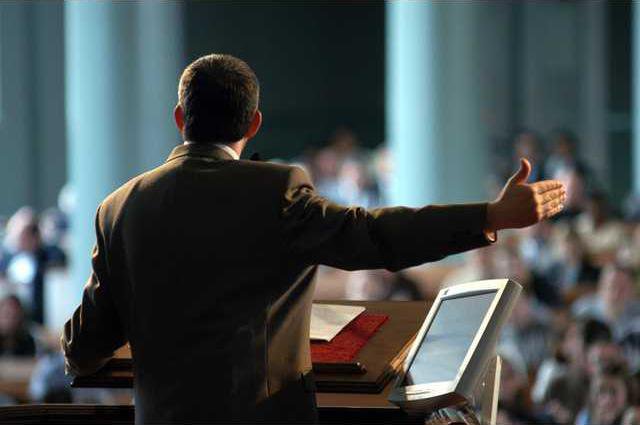One day after news that Houston city attorneys had subpoenaed sermons and emails from church leaders presumably opposed to a local human rights ordinance, the civil liberties questions remain.
Legal scholars question whether "church autonomy," which allows religious groups wide latitude over internal operations, can properly apply in civil litigation discovery. Or, whether the subpoenas amount to harassment and a violation of constitutionally protected free speech.
Houston city attorney David Feldman, meanwhile, still wants to know what churches did to support a controversial referendum to overturn the ordinance that bans discrimination based on sexual orientation among businesses that serve the public in housing and in city employment and city contracting. The ordinance exempted religious institutions, according to The Christian Science Monitor.
When Feldman rejected thousands of petition signatures aimed at placing the Houston Equal Rights Ordinance, or HERO, on a citywide ballot this fall, opponents of the measure sued to overturn the measure. That lawsuit prompted the legal process, known as "discovery," in which attorneys working pro bono for the city issued the subpoenas to five Houston pastors, even though the clerics were not among those suing over the denied referendum petitions.
"They are not party plaintiffs" to the lawsuit, Feldman told Fox News columnist Todd Starnes, "but they certainly appeared before council repeatedly regarding the ordinance and the petition. This petition was organized at the churches. That’s where the organizing drive took place. That’s where rallies were held. That’s where signing parties were held."
After concerns over the nature of the subpoenas erupted, Houston Mayor Annise Parker tried to walk back the city's position outlined in the legal documents.
"There's no question the wording was overly broad, but I also think there was some deliberate misinterpretation on the other side," Parker said, according to KHOU-TV.
"The goal is to find out whether there were some specific instructions given on how the petitions were accurately filled out," Parker added. "It's not about 'what did you preach upon last Sunday?' It should've been clarified. It will be clarified."
Those failing to comply will with the subpoena will be held in contempt of court, the Monitor reported.
But the city's lawyers will face a high bar for proving the information in the sermons is essential to their case, Charles Rhodes, a South Texas College of Law professor, told the Houston Chronicle, accord to the Monitor's report. The pastors are not named parties in the lawsuit, and the (Constitution's First Amendment) "Church Autonomy Doctrine" offers fairly broad protections for internal church deliberations, he said.
Marci Hamilton, who holds a chair in public law at Yeshiva University's Benjamin N. Cardozo Law School in New York City, asserted "church autonomy" does not exist: "The Supreme Court has never used the term or even implied a theory close to it," she wrote in an email.
"Churches and pastors are not above the law and this type of discovery is ordinary in federal litigation," Hamilton wrote in an email. "As I understand these issues, one question is whether these pastors violated the federal tax laws that limit political advocacy if a nonprofit is claiming tax exemption."
However, IRS regulations, as posted on its website, refer to churches not being allowed to endorse (or oppose) candidates: "Under the Internal Revenue Code, all section 501(c)(3) organizations are absolutely prohibited from directly or indirectly participating in, or intervening in, any political campaign on behalf of (or in opposition to) any candidate for elective public office," the agency stated.
And, Douglas Laycock, a distinguished professor of law at the University of Virginia Law School in Charlottesville, Virginia, said those opposed to the Houston subpoenas may not have to appeal to "church autonomy" to protect their sermons and internal correspondence.
"Free speech is really the main argument," Laycock said in a telephone interview. "These subpoenas seem designed to intimidate and harass" those opposed to the Houston ordinance. He said if the legal discovery process is being "used to penalize these people ... that clearly seems a penalty" on their free speech.
He added, "I think government issuing subpoenas for sermons ought to ring alarm bells for free speech and free exercise."
Apparently, Texas state attorney general — and 2014 GOP gubernatorial candidate — Greg Abbott agrees with Laycock's position.
In a letter calling on Feldman to withdraw the subpoenas, Abbott wrote: "Whether you intend it to be so or not, your action is a direct assault on the religious liberty guaranteed by the First Amendment. The people of Houston and their religious leaders must be absolutely secure in the knowledge that their religious affairs are beyond the reach of the government."
Email: mkellner@deseretnews.com
Twitter: @Mark_Kellner
Amid sermon subpoena debate, 'church autonomy' issue rises





